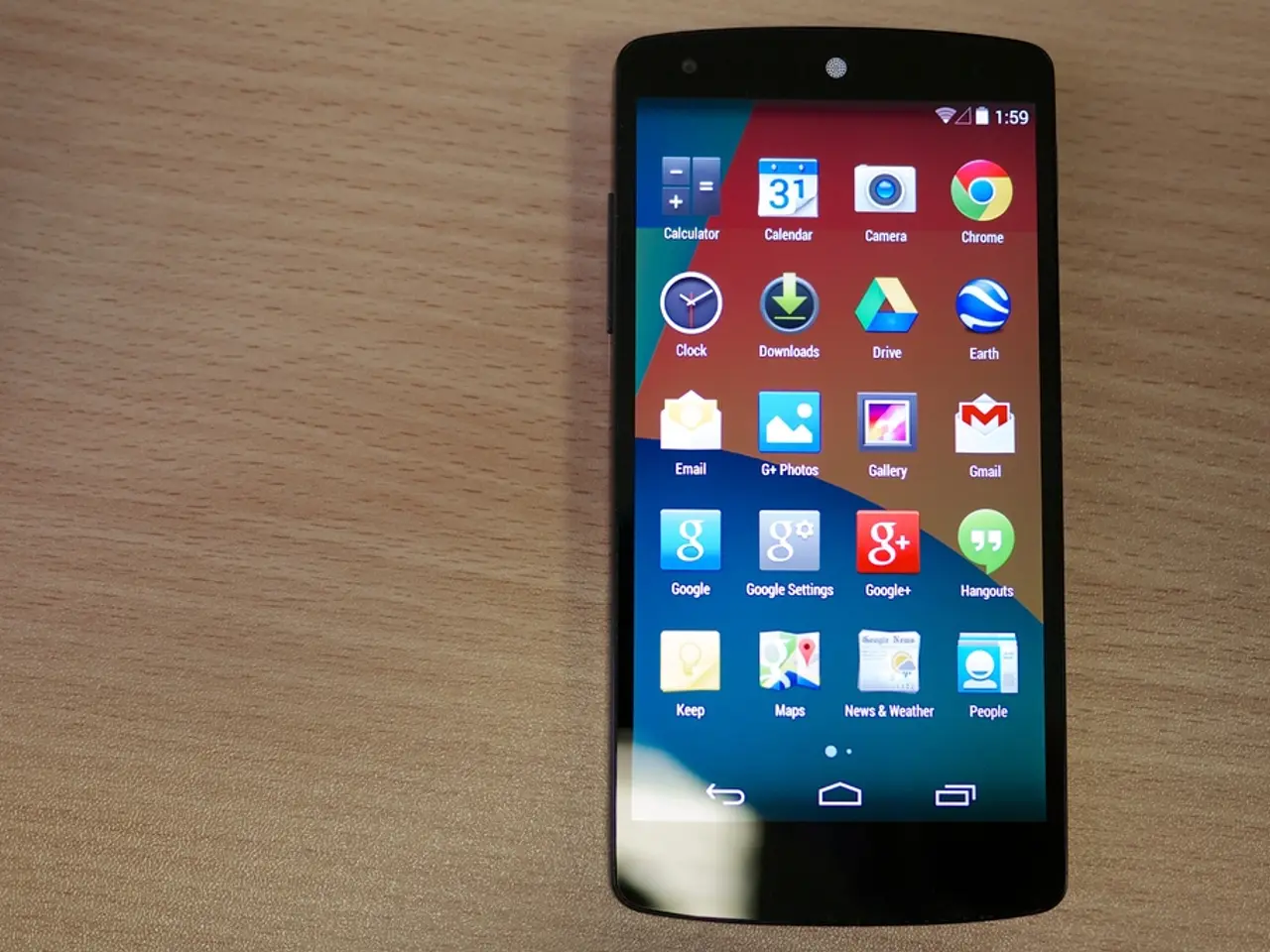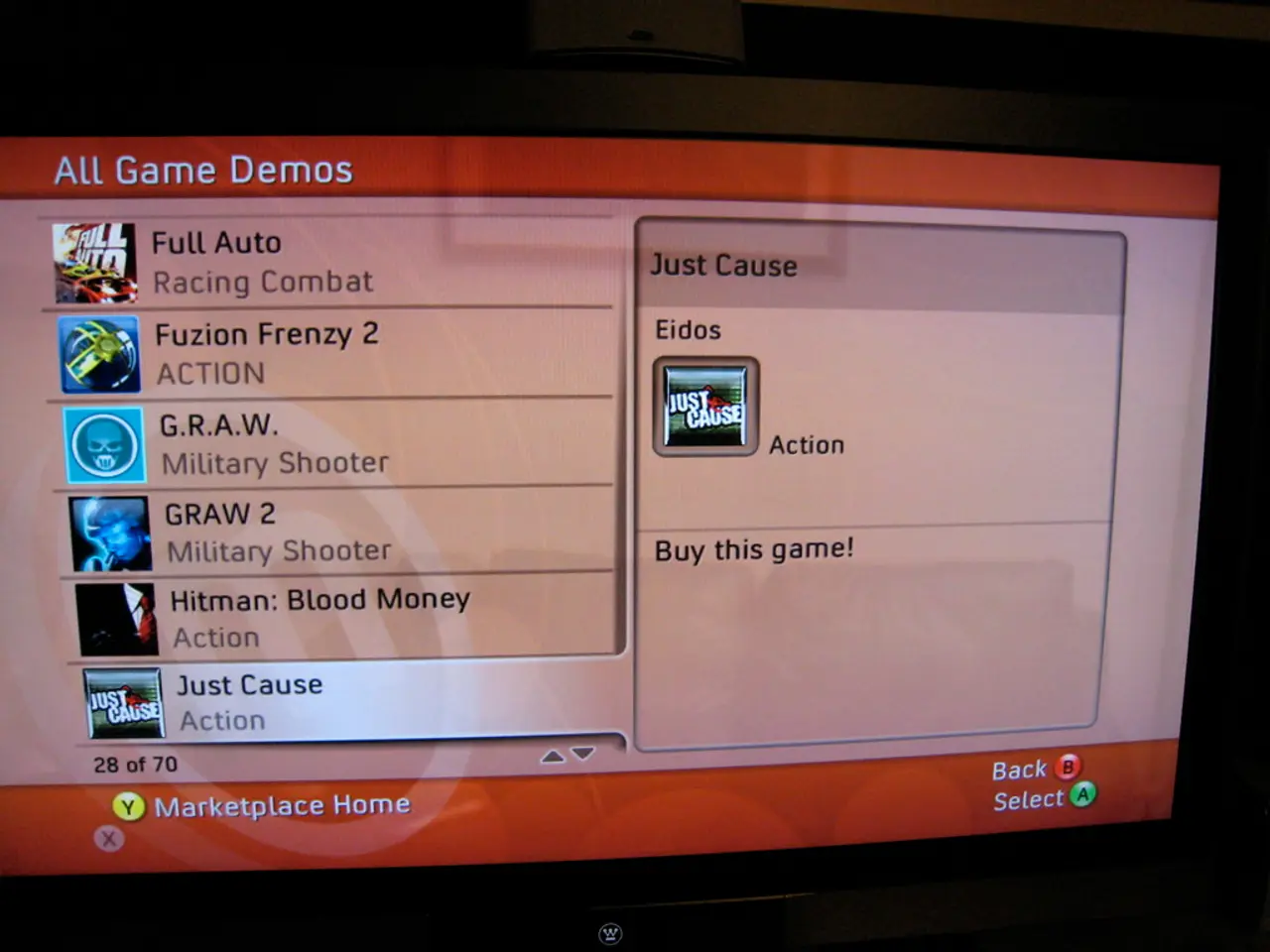Commercial battery packs provided by Leapmotor now being used by certain NEV manufacturers, according to a report
Leapmotor, a publicly traded company with the ticker symbol HKG: 9863, is making waves in the new energy vehicle (NEV) industry by expanding its component supply business. The Chinese electric vehicle manufacturer is focusing on producing and supplying self-developed battery packs primarily to commercial NEV manufacturers.
This strategic move is led by Leapmotor's subsidiary, Lingxiao Energy, which is responsible for designing and assembling battery packs using externally sourced cells from suppliers like CATL. The goal is to emulate BYD’s strategy of vertical integration and dual revenue streams from both vehicles and components.
Vertical Integration and Cost Reduction
Leapmotor aims to gain greater control over the supply chain by expanding in-house development beyond its core “three electric” systems (battery, motor, electronic control) to include all high-value components. This approach not only aims to reduce costs but also to create new revenue streams by supplying these components externally, mirroring BYD’s successful business model.
Subsidiary Structure
Lingxiao Energy is specifically responsible for battery pack design and assembly, while Lingsheng Power focuses on electric drive systems. This structure supports Leapmotor’s broader goal of self-sufficiency in key technologies.
Strategic Partnerships
Leapmotor has established a joint venture with Stellantis, licensing its electronic architecture and supplying components like electric drives and headlights. It also partners with Hongqi to co-develop passenger NEVs for overseas markets. However, penetrating passenger vehicle supply chains remains challenging due to market maturity and competitive concerns, so the commercial vehicle segment is the primary focus for component supply expansion.
Market Impact and Growth Potential
The commercial vehicle NEV sector offers fewer barriers and stronger growth potential compared to the passenger EV market, which is becoming increasingly saturated with over 50% NEV penetration in China’s passenger vehicle sales by mid-2025. Leapmotor's increasing component supply business, evidenced by multiple orders for battery packs, signals a significant broadening of its market presence beyond vehicle sales.
Implications for Market Share
By supplying battery packs externally, Leapmotor not only diversifies its revenue but also potentially expands its influence in the NEV supply chain, positioning itself alongside leaders like BYD. This strategy helps offset R&D costs and allows Leapmotor to compete more effectively in the crowded NEV market, especially within the commercial vehicle segment where growth is robust and supply chain barriers are lower.
Recent Developments
So far this year, Leapmotor has delivered 271,793 vehicles, up 149.84 percent year-on-year. On May 14, 2024, Leapmotor officially established Leapmotor International, a joint venture in which Stellantis holds a 51 percent stake and Leapmotor holds the remaining 49 percent. In July, Leapmotor delivered 50,129 vehicles, marking its first monthly delivery exceeding 50,000 units and a record high for the third consecutive month.
Stellantis invested 1.5 billion euros to acquire about 20 percent of Leapmotor's shares in October 2023, making it Leapmotor's largest external shareholder. Leapmotor also signed a strategic cooperation memorandum of understanding with FAW Group's Hongqi brand in March 2023 to jointly develop a model for overseas markets, expected to go into production in the second half of next year.
Leapmotor is targeting the higher-priced market with its new D-series product line. The company has begun supplying power battery packs to customers as a supplier, with one of the commercial vehicle manufacturers currently in advanced negotiations being Seazon Motor.
CATL, a battery maker, could potentially gain a larger market share in the commercial vehicle sector by leveraging Leapmotor as an intermediary. Leapmotor has conducted independent research and development in core components over the past few years, and its battery packs are developed in-house and sourced from battery manufacturers including CATL.
In summary, Leapmotor’s component supply expansion, centered on self-developed battery packs for commercial NEVs supported by strategic partnerships and in-house R&D, is a calculated effort to increase market share, reduce costs, and replicate BYD’s vertically integrated business model. This approach positions Leapmotor for sustainable growth in China’s rapidly evolving new energy vehicle industry.
- Leapmotor's subsidiary, Lingxiao Energy, is in charge of designing and assembling self-developed battery packs, mimicking BYD’s strategy of vertical integration and dual revenue streams from both vehicles and components.
- With the expansion in-house development beyond core electric systems, Leapmotor aims to reduce costs and create new revenue streams by supplying high-value components externally, similar to BYD’s successful business model.
- Leapmotor has formed a joint venture with Stellantis, licensing its electronic architecture and supplying components like electric drives and headlights, while also partnering with Hongqi to co-develop passenger NEVs for overseas markets.
- The commercial vehicle NEV sector is a primary focus for component supply expansion, offering fewer barriers and stronger growth potential compared to the increasingly saturated passenger EV market.
- Leapmotor's increasing component supply business, as shown by multiple orders for battery packs, suggests a significant expansion of its market presence beyond vehicle sales.
- By supplying battery packs externally, Leapmotor has the potential to expand its influence in the NEV supply chain, making itself a significant player alongside industry leaders like BYD, while also helping offset R&D costs and competing effectively in the evolving new energy vehicle market.




